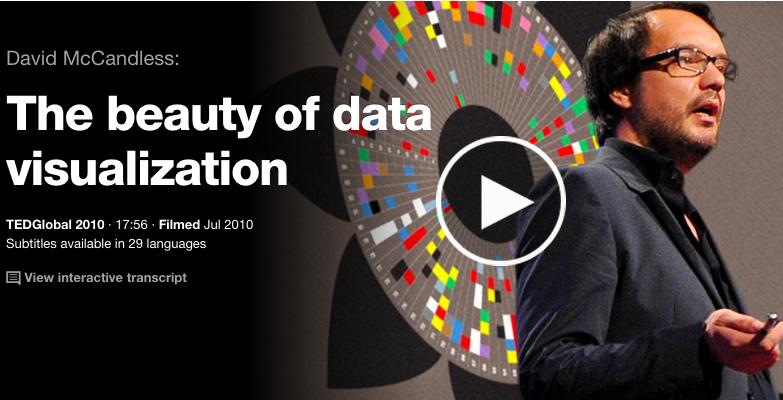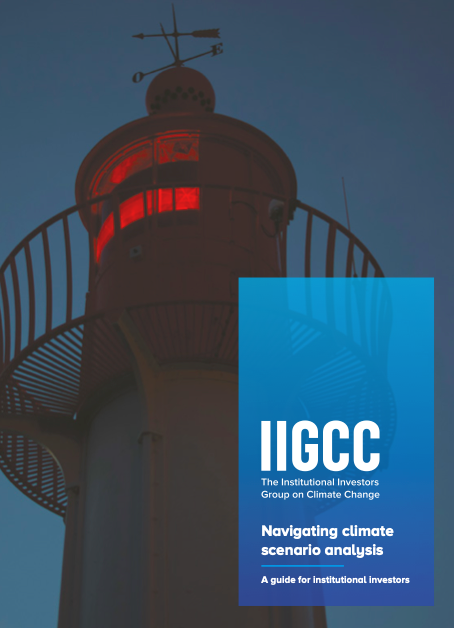Assess
Description
These resources highlight an enriched set of tools that will help you to better understand and leverage data, support decision-making, and convey insights in a compelling way. These include scenario analysis, systems mapping, advanced analytics, machine learning, artificial intelligence, and data visualisations.
Share this Practice on:LinkedIn
Resources
The Beauty of Data Visualization
In this TED Talk, data journalist David McCandless uses a few data visualisations to show how you can uncover patterns you may otherwise miss.
Simplifying Complexity
Ecologist Eric Berlow shows how to find simple answers to complex problems through data visualisation in this Ted Talk. He explains how to focus your attention on the connections between aspects of a complex problem that matter the most.
Indicators and Information Systems for Sustainable Development
This is a great resource on the relationships between information systems and indicators for sustainability. It was written by the late Donella Meadows, who is renowned for her ability to explain systems thinking. It emerged out of a five-day workshop in 1996 attended by members of the Balaton Group, a network of academics, activists, and leading thinkers on sustainability.
Push It to the Limit: Scenario Planning That Takes Sustainability Seriously
Scenario planning can be an effective strategic process for understanding risks and opportunities, but what about your company’s impacts on society and the environment? In this blog, we provide five recommendations to help create scenarios in which your company supports sustainable futures by operating within the limits of key systems.
Navigating climate scenario analysis: A guide for institutional investors
A key recommendation of the TCFD is for organisations to conduct scenario analyses to understand the risks and opportunities of possible climate futures, but many companies struggle with developing such scenarios. This 'how-to' guide from the Institutional Investors Group on Climate Change (IIGCC) builds on existing reports and research and will help you to create credible climate change-related scenarios. It introduces a five-step framework for understanding and using scenario analysis, and includes instructions for identifying scenario analysis objectives; understanding and selecting scenarios based on available criteria; applying scenario analysis to investments; and taking appropriate action upon review.
How AI can enable a sustainable future
This report from Microsoft and PwC UK examines four sectors (agriculture, energy, transportation, and water) and examines the potential economic and environmental impacts of applying artificial intelligence. The report builds an evidence-informed case for AI for the environment; outlines key results for economic outcomes; and highlights challenges, enabling factors, and recommendations for learning and implementation. This is a good introductory resource for building bridges between sustainability and information technology experts.
Share this Practice on:LinkedIn





